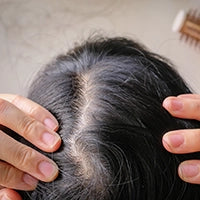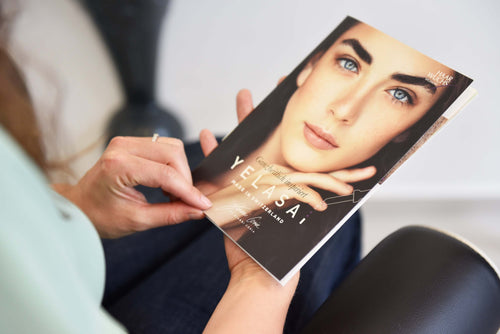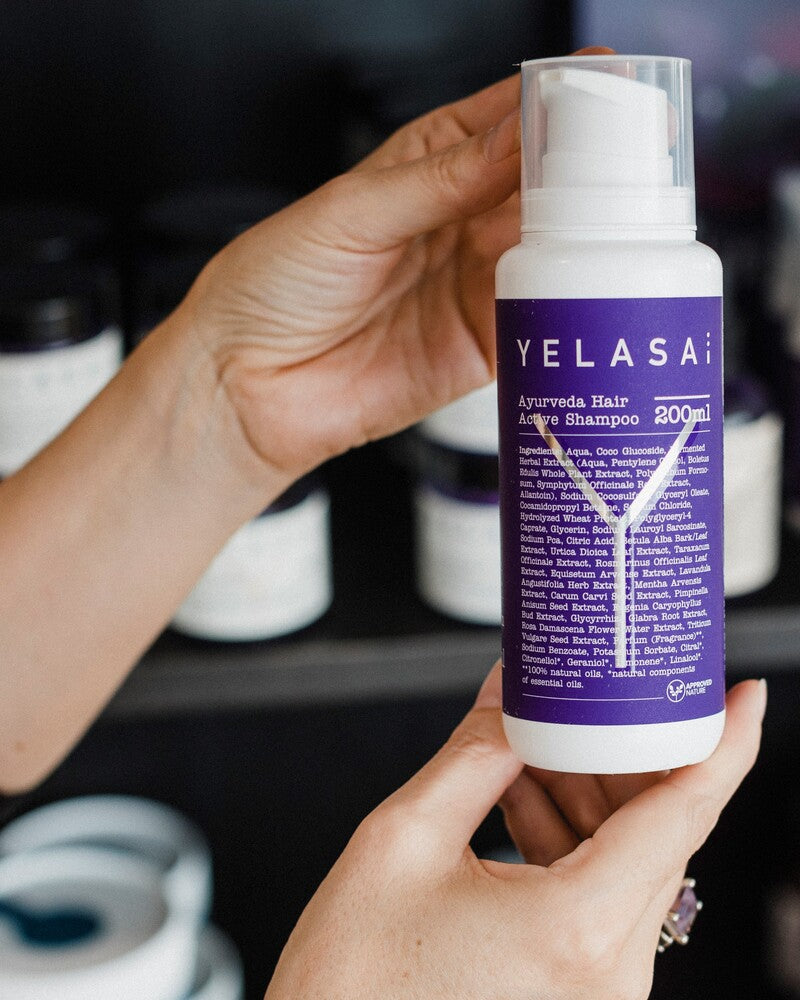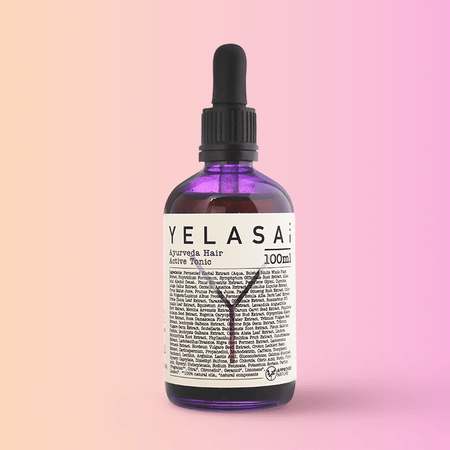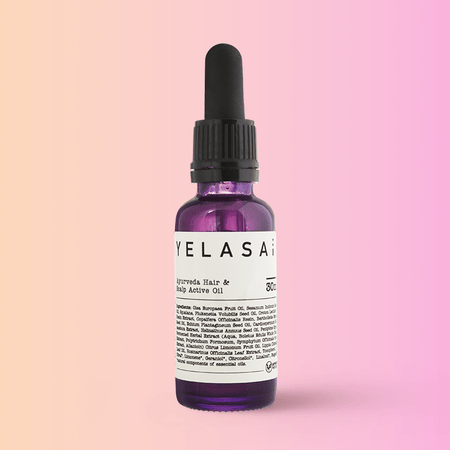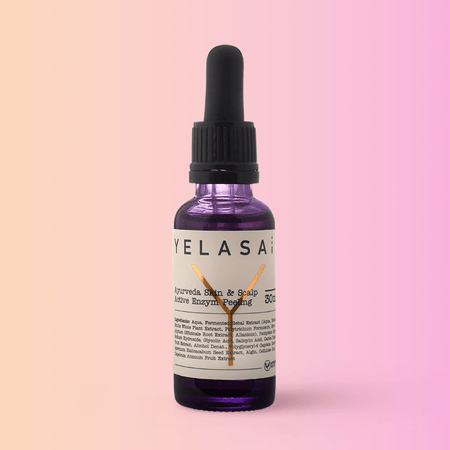Hair loss due to stress: symptoms & treatment options for stress-related hair loss
Hair loss can have a variety of triggers. Stress-related hair loss is particularly widespread, in which your body releases hormones that cause your hair follicles to become inflamed. In many cases, hair loss caused by stress is reversible. With the right treatment, it can be stopped and hair growth stimulated. We will summarize for you in this article what options you have for this.
Key facts at a glance
How does stress-related hair loss manifest itself?
Stress increases hair loss and can lead to bald patches. Find out here how you can tell whether you can identify stress as the cause of your hair loss.
Learn moreHow are stress and hair loss related?
Find out more about how stress can trigger hair loss, which hormones are responsible for it and when it becomes noticeable.
Learn moreWhat can I do if I have stress-related hair loss?
Find out what you should do if you experience hair loss due to stress and what simple tricks can help you.
Learn moreWhich care products help with stress-related hair loss?
Get an overview of YELASAI's product range and find out which products can be particularly helpful for stress-related hair loss.
Learn moreHow does stress-related hair loss manifest itself in women and men?
If you lose around 100 hairs a day, then this is a completely normal process. However, if you are constantly under stress, it can have a negative effect on your hair. In the case of stress-related hair loss, those affected lose significantly more than 100 hairs per day - this is then referred to as effluvium, or in the case of sudden severe hair loss, it is called telogen effluvium.
Increased stress levels can cause your hair follicles to suffer. Various neurotransmitters are responsible for this. Each hair follicle is surrounded by a network of nerve fibers. These fibers contain neuronal messenger substances - stress can influence the concentration of the crucial messenger substances and thus also the number of nerve fibers.
Your hair is subject to a hair cycle: the growth phase is followed by a resting phase. If the stress occurs during the transition phase between the individual phases, it can lead to inflammation in the hair follicles.
This stops hair growth and causes diffuse hair loss. This usually occurs with a delay: only after about two to three months does the hair fall out and the symptoms become noticeable.
Background information on diffuse hair loss
In diffuse hair loss, the hair is thinned in its entirety. This can lead to light spots in a very short time. For some sufferers, individual areas of the scalp may be more severely affected. Research is currently assuming that stress can not only promote diffuse hair loss, but also alopecia areata (circular hair loss).
How are stress and hair loss related?
There is no question that the body and the psyche are closely related and influence each other. Research has not yet been able to definitively clarify how hair loss is caused by stress.
It is currently assumed that stress affects the immune system and the hormones it releases cause hair loss. When stressed, the body produces more adrenaline and norepinephrine. These ensure an increased concentration of pro-inflammatory cytokines in the hair follicle.
These attract immune cells that release inflammatory substances. The result is that the hair follicle becomes inflamed, shortening the growth phase. This is why the hair falls out prematurely.
What other factors can cause temporal hair loss or hair thinning?
Hair loss can have a variety of triggers - stress is just one of them. Hair loss in women is often due to hormonal reasons. Various hormonal changes occur over the course of life.
These include menopause, pregnancy and birth. Taking birth control pills also affects the hormonal balance and can be a cause of hair loss.
Temporal hair loss can also be caused by medications and illnesses. Taking antidepressants or antihypertensives are two possible triggers for hair loss. Thyroid diseases or diabetes mellitus can also promote hair loss. Hereditary hair loss is also common.
What happens to my hair if I’m constantly stressed?
A disorder in hair growth can have serious consequences for those affected. Depending on the type of hair loss, a vicious circle can quickly arise.
Stress causes hair loss, which leads to visible bald patches. This leads to even more stress: those affected feel uncomfortable, sad or angry. Stress and psychological strain then make the problem even worse - the vicious circle begins.
In this case, you should definitely get help in dealing with stress and we recommend caring for your scalp and hair growth with suitable products from YELASAI.
Can my hair grow back after stress-related hair loss?
Yes, your hair can grow back if it has fallen out due to stress-related hair loss. Stress and the hormones released as a result attack the hair follicles: However, the hair root is not damaged in this process. This means that your hair growth is still intact and alopecia is unlikely to develop.
It is important to know the process of hair growth and hair loss. If you are under a lot of stress, it will only be noticeable in your hair after about two to three months. As soon as the stress relief begins, your hair roots begin to grow normally again.
What can I do if I have stress-related hair loss?
Many sufferers ask themselves which methods can help with hair loss due to stress. If this occurs as a result of stress, you have various options to strengthen your hair health:

Avoid stress
To stop your stress-related hair loss, you should identify the stress triggers and avoid them if possible. Plan more rest periods and optimize your time management to avoid stress.

Make sure you relax
Are you stuck in a cycle of hair loss and stress? Then try to relax more. For example, breathing exercises or autogenic training can help you. Yoga can also lead to more inner peace. Let a YELASAI hair growth specialist near you accompany you.

Get help
Enormous stress can also be caused by mental illnesses. If in doubt, consult a mental health professional to help you reduce your stress levels in the long term.
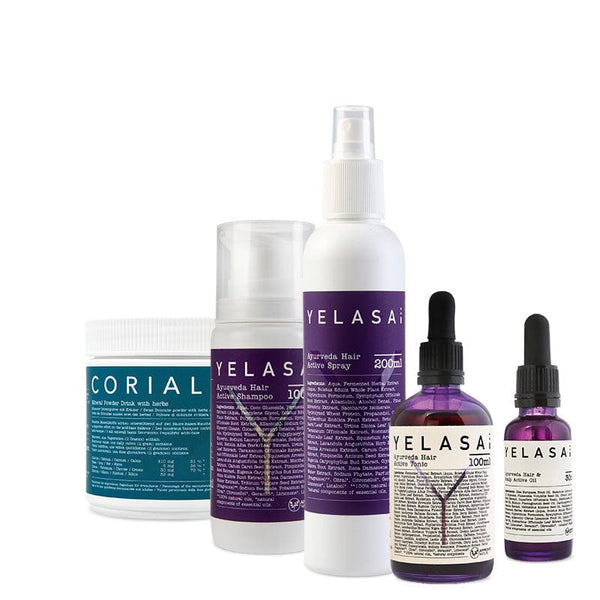
Promote your hair growth
Stress-related hair loss should be interrupted by promoting hair growth. YELASAI's natural products can promote and support hair growth.
If you have identified stress as a possible cause of hair loss, you should first focus on yourself and your health. Reduce stress and ensure relaxation.
It is also important that you minimize any stress on your hair. Avoid excessive coloring, toning, or blow-drying too hot. You should also avoid using straighteners or curling irons for a while so as not to further damage your hair.
It's best to use a mild shampoo, such as YELASAI's Ayurveda Hair Active Shampoo , which is suitable for both men and women. It gently cleanses your scalp and can provide more volume, strength and fullness. Since it only contains natural ingredients, the shampoo does not stress your hair even more and can stimulate your hair growth.


Which care products help with stress-related hair loss?
Do you want to prevent stress-related hair loss or are you already suffering from it? At YELASAI we specialize in offering products for vital hair growth. These can also help soothe your scalp and reactivate hair growth in the event of diffuse hair loss.
For this we recommend our Ayurveda Hair Active Tonic . This study-proven natural hair growth product is intended to stimulate your hair growth and help you achieve strong hair with more volume. The ingredients we use include fermented nutrients to support your natural hair growth.
Our Ayurveda Hair & Scalp Active Oil can also promote hair growth. It can be used weekly for scalp and hair care and is intended to care for your hair in the long term. We also recommend it for problems with the scalp, dandruff or a feeling of tension, for example.
For many people affected by stress-related hair loss, their hair does not grow back quickly enough and bald spots develop. In this case, the Ayurvedic Skin & Scalp Active Enzyme Peeling from YELASAI can open and clean your pores. This allows the valuable active ingredients to penetrate our products deeply.
Our conclusion on hair loss due to stress
For many people, stress can cause hair loss. This is not uncommon and happens more often than you might think. It's important that you react quickly and give your scalp and hair the care they need.
First of all, you should reduce your stress. Relax more and try to develop effective strategies to avoid emotional stress in the future. If you recognize psychological stress as a possible cause of your stress, then you should seek help from an expert.
In addition, you can do something good for your hair and scalp with products from YELASAI and the hair growth specialist in your region. Our specially developed formulas stimulate natural hair growth and prevent additional irritation. Feel free to take a look around our extensive shop and find the right hair care products for your stress-related hair loss.




